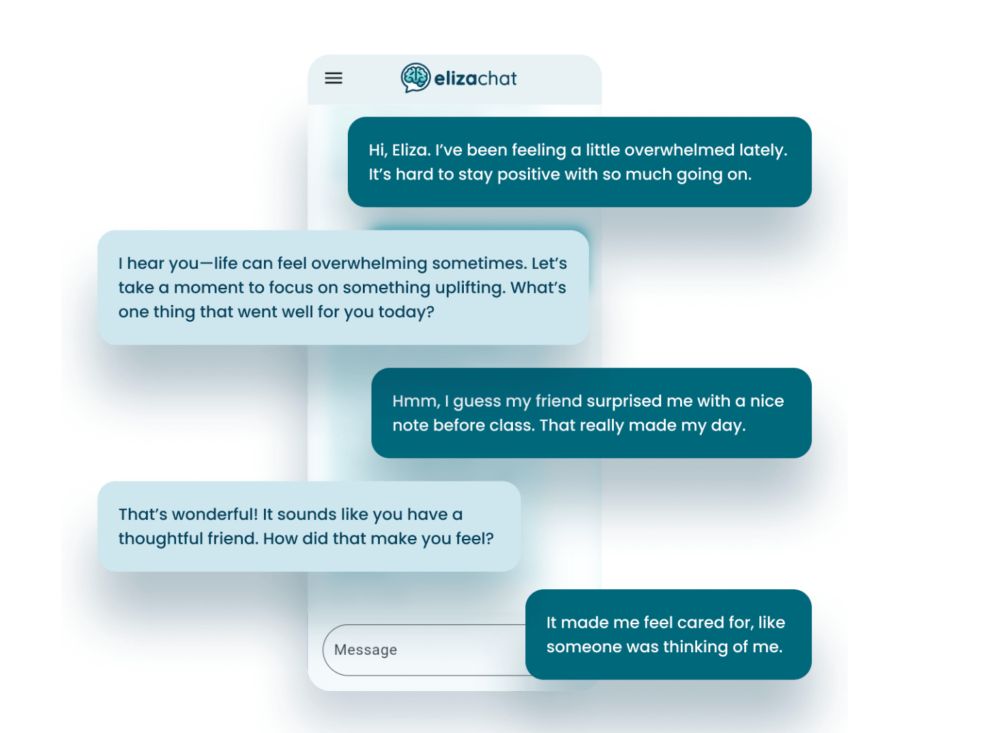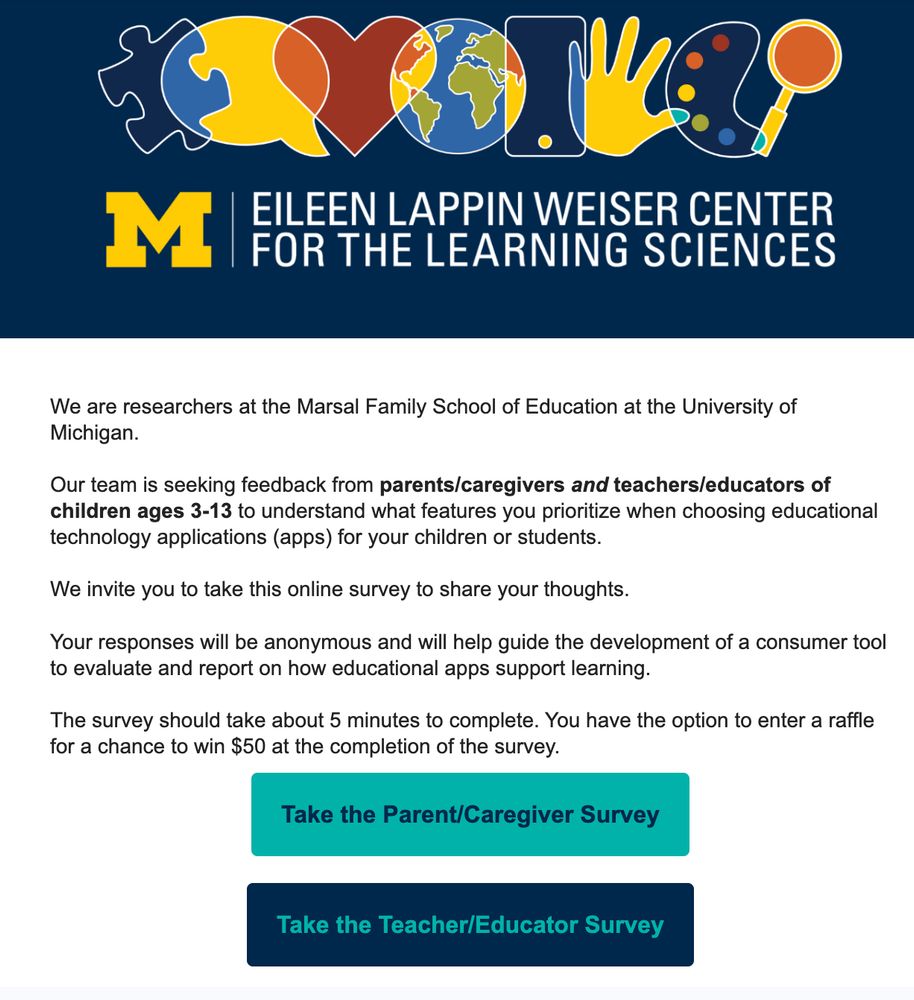






Parent/Caregiver Survey: lnkd.in/exHrjzQt
Teacher/Educator Survey: lnkd.in/ePCquP2q
For research project @umich.edu

Parent/Caregiver Survey: lnkd.in/exHrjzQt
Teacher/Educator Survey: lnkd.in/ePCquP2q
For research project @umich.edu
www.newscientist.com/article/2473...

www.newscientist.com/article/2473...

https://buff.ly/4jAqchL
4/8

https://buff.ly/4jAqchL
4/8
2/8

2/8
Brain scans of preliterate children reveal crucial reading circuitry flickering to life when kids hand-printed letters and then tried to read them.
#k12 #literacy







